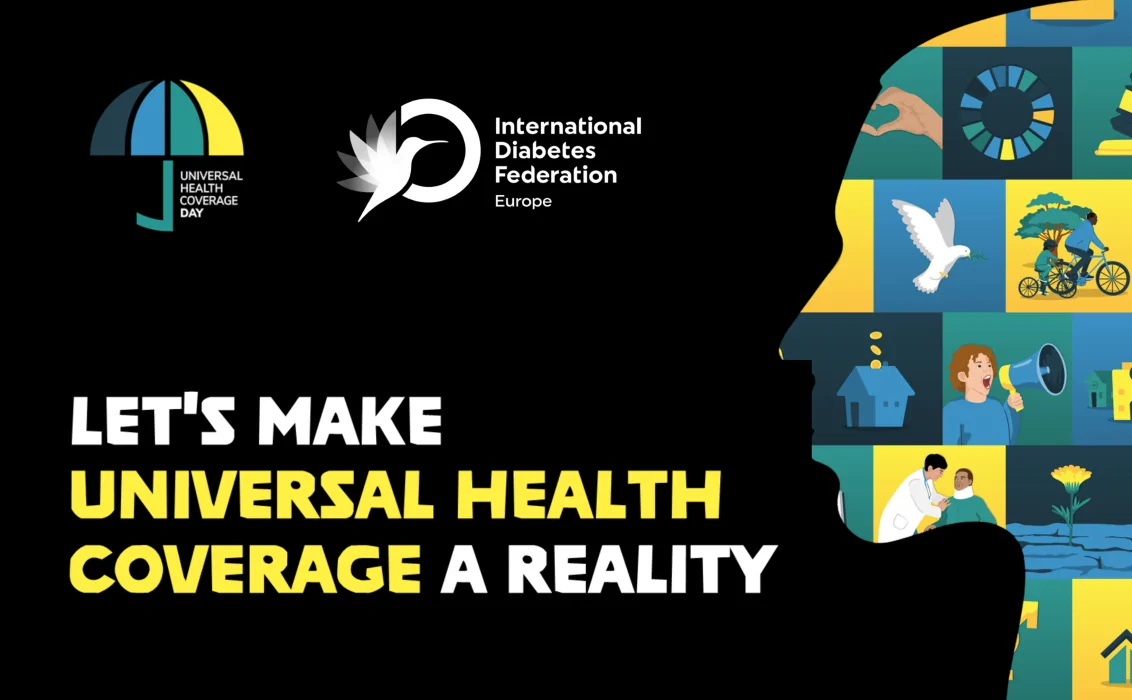On July 1, 2024, Hungary assumed the rotating Presidency of the Council of the European Union. During the next six months, the Hungarian Presidency will navigate the start of a newly established European Parliament and European Commission and continue to work on the long-term goals and policy objectives set out in the context of the trio presidencies of Spain, Belgium and Hungary.
In the spirit of fostering cooperation between Member States (MS) and European institutions, Hungary has outlined six priorities that include, for example, developing a new European Competitiveness Deal, accelerating efforts for a farmer-oriented EU agricultural policy and addressing demographic challenges. The full programme and priorities can be found here.
The Hungarian presidency’s health priorities are to continue revising the general pharmaceutical legislation (GPL), and take action on cardiovascular diseases (CVDs) and organ donations and transplantations. Other health-related topics to be tackled during the Hungarian presidency include occupational health and safety, the links between mental health and emergencies, rare diseases and air pollution, with a view to creating a healthy and pollutant-free environment. Of particular interest for the diabetes community are the revision of the GPL and action on CVDs.
The Hungarian Presidency intends to continue the negotiation process on the GPL with the aim of establishing a competitive, sustainable and patient-centred pharmaceutical regulation. IDF Europe welcomes the continued efforts to revise the GPL which is crucial to ensure access to affordable medicines and address unmet medical needs of people living with diabetes (PwD) and other health conditions.
To achieve progress in the field of action on CVD, the Hungarian Presidency has invited leading experts to discuss the topic at a High-Level Conference on Cardiovascular Health on July 4, 2024, in Budapest. The conference will host a variety of presentations and panel discussions that focus on, for example, primary and secondary prevention and risk factors, treatment and innovation, and rehabilitation and patient-centred support. The President of the Hungarian Diabetes Association, Prof. István Wittman, will participate in a panel discussion on ‘Secondary Prevention: How we can preserve life and livelihoods?’ that will explore approaches to early detection of CVDs and the prevention of recurring cardiovascular events. IDF Europe has also been invited to attend the conference and will be represented by Regional Chair, Prof. Nebosja Lalic, Regional Chair-Elect, Prof. Tadej Battelino, Board Director, Prof. Konstantinos Makrilakis and Regional Manager, Elisabeth Dupont. We would like to thank the Hungarian Ministry of Interior and the Minister of State for Health Hungary for the esteemed invitation.
The commitment towards taking action against CVD is commendable. However, IDF Europe advises against taking a siloed approach and stresses that to have a truly transformative chance of success, a joint approach in the form of a European CVD and Diabetes Plan should be taken. Diabetes significantly increases the risk of developing life-threatening complications, with an especially strong causal link with CVD. One-third of PwD develop CVD which is the leading cause of death and disability for people living with the condition. Conversely, diabetes is one of CVD’s main causes and is also a major risk factor. Were diabetes prevented and managed efficiently, this could result in up to 10 million fewer people living with, and dying from, CVD in the EU. In jointly tackling the commonalities between the two diseases, notably in terms of prevention, coupled with tailored approaches and measures for each disease, we can reduce mortality, improve the lives of European citizens and increase the resilience of healthcare systems across the EU. We call on the Hungarian Presidency to recognise the irrevocable link between diabetes and CVD and call for a European CVD and Diabetes Plan.



